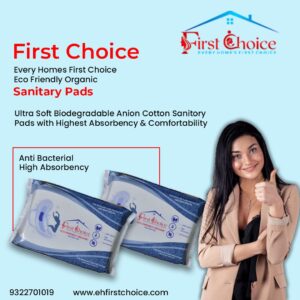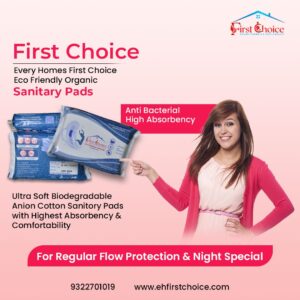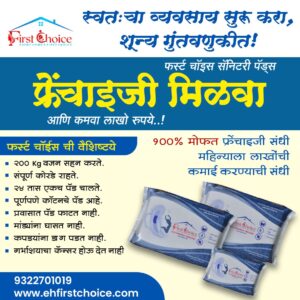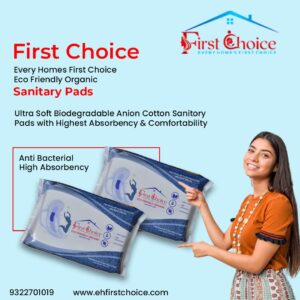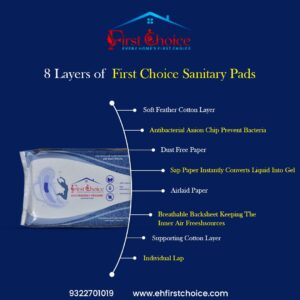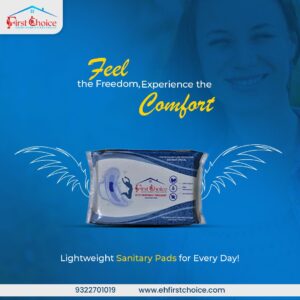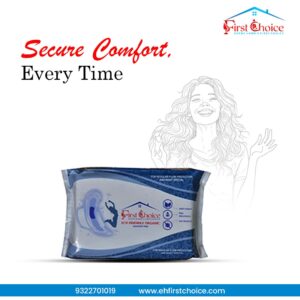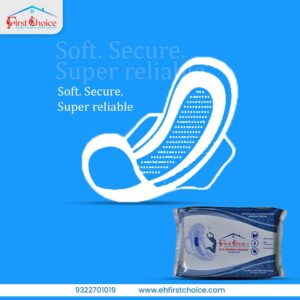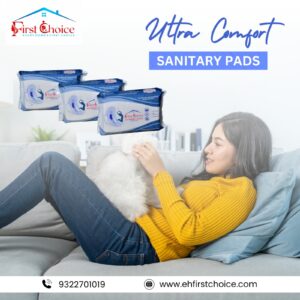Distributors
Distributors of Eco-Friendly Organic Sanitary Pads
The distribution of eco-friendly organic sanitary pads plays a pivotal role in ensuring these sustainable products reach a wide audience, promoting both environmental stewardship and personal health. Distributors act as the bridge between manufacturers and consumers, facilitating the availability of organic sanitary products in various markets.
Role of Distributors
Distributors are responsible for sourcing eco-friendly organic sanitary pads from manufacturers and supplying them to retailers, healthcare providers, and directly to consumers through online platforms. Their role involves managing logistics, warehousing, and ensuring that the products are stored and transported in optimal conditions to maintain their quality.
Importance of Awareness and Education
A significant aspect of the distributor’s role is to raise awareness about the benefits of organic sanitary pads. This involves educating retailers and consumers about the environmental impact of conventional sanitary pads and the health benefits of organic alternatives. By providing informative materials and training to retailers, distributors can help them effectively communicate these benefits to customers.
Expanding Market Reach
To make eco-friendly organic sanitary pads more accessible, distributors work on expanding market reach. This includes partnering with various retail outlets such as supermarkets, pharmacies, and specialty eco-friendly stores. Additionally, online distribution channels have become increasingly important, allowing distributors to cater to a broader audience, including remote and underserved areas.
Challenges and Solutions
One of the main challenges distributors face is the higher cost of organic products, which can affect pricing and consumer affordability. To address this, distributors often collaborate with manufacturers to offer competitive pricing strategies and promotional deals. They may also engage in partnerships with non-profit organizations and government initiatives to support subsidized pricing for low-income communities.
Conclusion
Distributors of eco-friendly organic sanitary pads are crucial in promoting sustainable menstrual hygiene products. By effectively managing logistics, raising awareness, and expanding market reach, they help ensure that more women have access to healthier and environmentally friendly sanitary options. Through strategic partnerships and education, distributors play a vital role in the growing movement towards sustainability in menstrual health.








